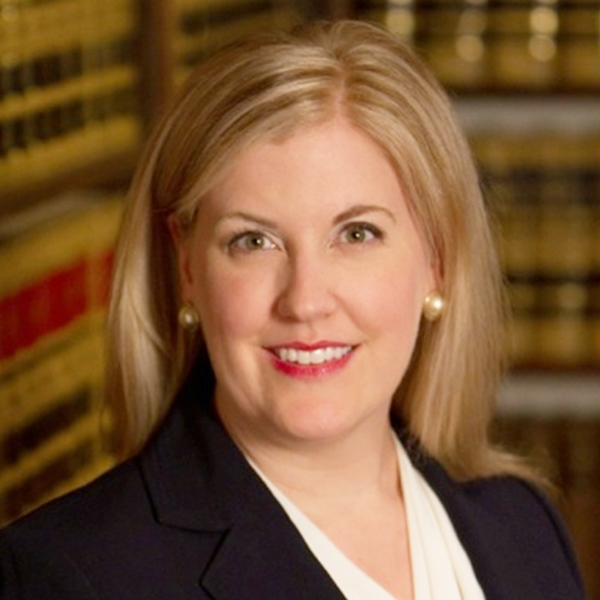1. Tackle estate tax concerns with strategic gifting
The Tax Cuts and Jobs Act (TCJA) expires at the end of 2025 and the loss of one particular provision is getting a lot of attention: the historically high lifetime gift exemption, currently set at $13.61 million per person. “As the deadline nears, clients might be caught up in the drama of this sunset date and come to you anxious to do something quickly,” Ewing said.
Caution clients against making decisions based on speculation. Instead, she suggests, keep clients focused on their goals for the estate. Ask them: What do you want your wealth to achieve? What can you actually afford to give away? The answers could diffuse that deadline pressure.
You can also remind clients of what Geller calls “gateway gifting techniques” that have potential wealth transfer and income tax benefits and are simpler to execute:
Consider paying education and health care expenses for others. Direct payments of tuition and medical expenses, no matter the amount, are not subject to gift taxes and can be a good way to make an immediate impact on the lives of recipients.
Consider making annual exclusion gifts. With the annual gift tax exclusion currently set at $18,000 per person per year in 2024, these gifts can be an efficient way for clients to make gifts on a consistent basis without eating into their lifetime exemption amount. Not only do these gifts remove a significant amount of money from a client’s estate, they also remove any future appreciation or income generated from that gift. (Tax deductions may be disallowed in the event of non-qualified withdrawals.)
Develop a broader gifting strategy around 529 savings accounts. For clients that worry about the restrictions that come with 529 plans, remind them that beginning this year the Setting Every Community Up for Retirement Enhancement Act of 2022 (SECURE 2.0) allows investors to convert 529 savings accounts into Roth individual retirement accounts (IRAs) without taxes or penalties. This could be good news to clients with overfunded 529 savings accounts. And the ability to convert money in a 529 savings account into a Roth IRA also might persuade otherwise reluctant clients to fund them.
“I found that grandparents especially loved the idea. Not only am I funding this to pay for higher education, but I could maybe also give my grandchild a little boost in their retirement savings,” Geller said.
Be aware that there are some restrictions to these rollovers. Penalty-free rollovers can be made if the account has been open for at least 15 years, and the amount to be rolled over has been in the account for at least five years. Rollovers are limited to a maximum of $35,000 per beneficiary over their lifetime. Rollover contributions must also be within Roth IRA annual contribution limits ($7,000 in 2024) and is reduced by any “regular” traditional or Roth IRA contributions made by the beneficiary in that year.
Point out that if clients make annual exclusion gifts to 529 education savings accounts for their children or grandchildren, they can accelerate those gifts by investing five times the annual gift limit in a 529 — up to $90,000 ($180,000 for married couples) at one time — essentially making five years’ worth in one year. Additional gifts made to that beneficiary over the next four years after the year in which the one-time gift is made may reduce the donor’s lifetime gift and estate tax exemption. If the donor of an accelerated gift dies within the five-year period, a portion of the transferred amount will be included in the donor’s estate for tax purposes. Consult with a tax advisor regarding your specific situation.
You should also point out to clients that tax-advantaged treatment for 529 plans applies to savings used for qualified education expenses. These include tuition for an elementary or secondary private or religious school (kindergarten through 12th grade) up to a maximum of $10,000 incurred during the taxable year per beneficiary. State tax treatment varies.



